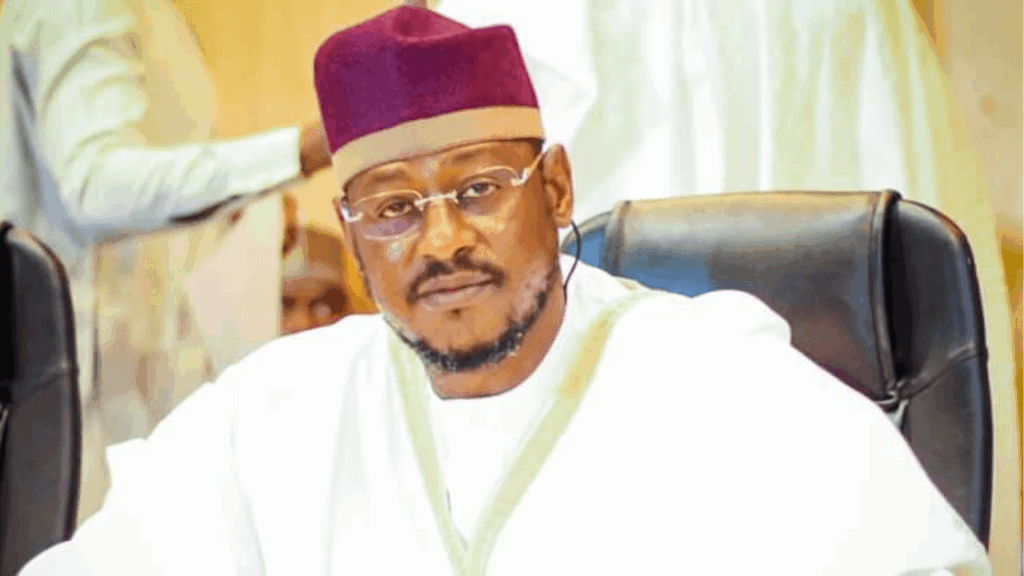The Governor of Katsina State, Dr Dikko Radda, on Wednesday, kicked off the N31.8 billion Zobe Phase 1B water project, which is saddled with the task of providing clean water to five council areas of the state.
The project flag-off which was held at the Kafin Soli Booster Station in the Kankia council area. This water project is designed to end a four-decade drought of portable water to many of the benefiting communities.
New Telegraph reports that the beneficiaries of the project include Karofi-Radda, Kafin Soli, Tafashiya, Kankia, Koda-Charanchi, Yarranda, Tashar Albasa, Are-Cika Koshi, Faduma, Tudun Kaadir, Rijiya Mai Siminti, Lambar Rimi, Abukur, Tashar Bala, and Batagarawa, among others.
Speaking at the flag-off, Governor Radda reaffirmed his administration’s focus, resolve and commitment to ensuring that every citizen enjoys access to clean and safe water.
Radda noted that the project is a promise finally finding fulfilment, stressing that the Zobe Dam, which would be the source for the water supply, had been underutilised since its completion in 1983.
READ ALSO:
According to him, the project, awarded to Mutual Commitment Company Limited (MCC), would not only provide clean and sustainable water but also help in creating new opportunities in agriculture, job creation, and industrial development.
He said, “This project is not just about pipes and pumps; it’s about life, health, and dignity.”
The Governor reaffirmed that his administration would continue to show transparency and strict supervision throughout the project’s execution to ensure quality delivery and timely completion.
He went further to say that every stage would be closely evaluated to guarantee value for money and tangible impact on citizens.
He said the water project corresponds with the broader Water, Sanitation, and Hygiene (WASH) initiative under the World Bank-supported SURWASH Programme, which is already expanding access to clean water in eight local government areas of the state.
The Governor further listed the broader socio-economic benefits of the project, including job creation, empowerment of local suppliers, and stimulation of small businesses.
He, however, urged MCC to deliver the project on time, with excellence, and integrity, adding that the hope of millions depends on its successful completion.
Furthermore, rehabilitation works are ongoing simultaneously at Ajiwa, Danja, and Sabuwa Dams as part of wider efforts to enhance water security and resilience across the state.
“Our goal is not just to build new systems but to create sustainable infrastructure that will serve generations to come,” he said.















